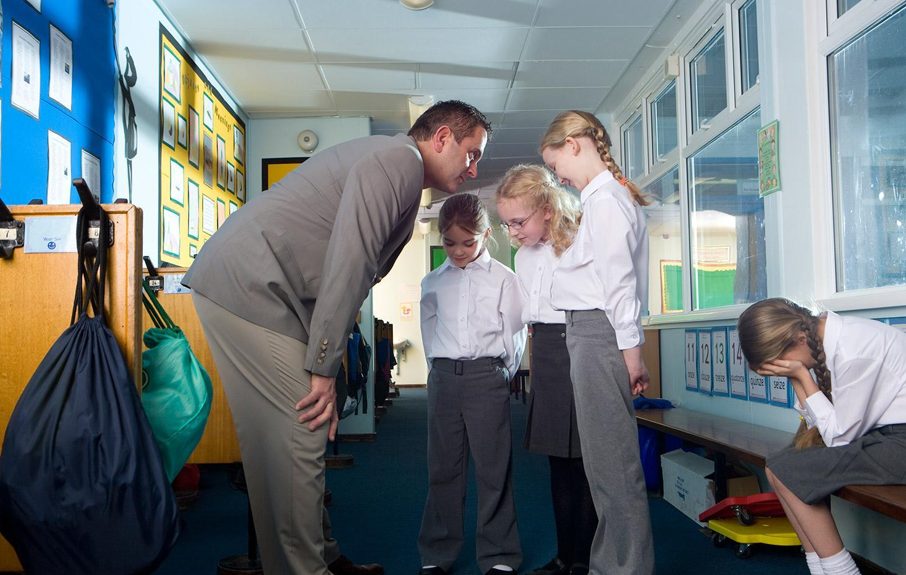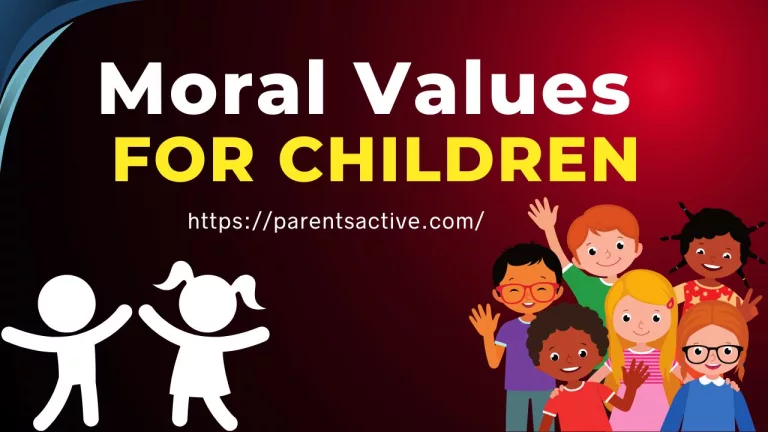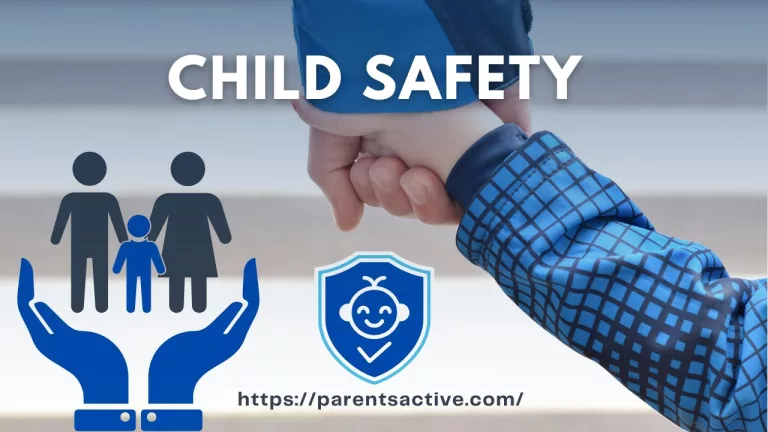Corporal Punishment in Schools
Corporal punishment in schools: Corporal punishment simply means to punish someone for a crime or mistake. You, as a parent or teacher, are intended to cause physical pain so that the person does not repeat the same mistake. It is also aimed to set an example for others in society.
There are many forms of corporal punishment. But usually, a person is beaten on various parts of the body with the help of a hand, yardstick or other objects which can be expected to cause discomfort.
Different researches on corporal punishment have proved that it is not a beneficial way to practice discipline. Corporal punishment is against basic human rights and is harmful for children. Many other methods are effective and should be tried instead of physical punishment. Physical punishment can make the situation worse. It affects not only physically but also emotionally.
Physical punishment involves any action that is unpleasant to the students such as:
- Hitting, slapping, ear pulling or jabbing.
- Compelling a child to assume a painful position.
- Restricting a child in a discomfort space.
- Forcing a child to eat a noxious substance.
Is corporal punishment a good thing?
It is generally assumed that physical punishment is a useful way of getting children to accept immediately. But it is also true that it is effective just temporarily and does not provide a permanent solution.
Instead of beating or punishing, we should make the children feel dignified. Being parent, you should keep in mind that corporal punishment, sometimes, make children even stubborn. It has been investigated that children who are punished repeatedly get aggressive behaviour and are at high risk of having mental health problems. Corporal punishment results in physical injury and also causes cognitive issues in children.
Different opinions regarding corporal punishment
The supporters of corporal punishment argue that it can help in teaching structure and discipline to children. When the students feel pain due to bodily punishment, they learn and get things quickly. Students probably will not repeat the mistake to prevent the pain due to physical punishment.
But, others argue that it is not the only way to teach manners and etiquettes to students. It is a form of violence against children. Many other methods are useful instead of beating or punishing children. Physical punishment has negative effects on the mental health of children and damages them permanently while its positive effects are temporary for the time being.
In other words, it can be said that physical punishment is the result of a lack of awareness in teachers and parents because they get frustrated and continue to implement strict laws on children.
You, as a parent or teacher, should learn different positive discipline strategies in parenting to manage discipline among family members. You can get different ideas to manage discipline by reading my article positive discipline strategies for children.
You should have friendly behaviour with children. Non-violent methods should be adopted by teachers and parents that do not cause cognitive issues in children. So, bodily punishment is not an effective way of building the children’s character and personality.
Negative effects of corporal punishment
The use of physical punishment has resulted in many negative consequences in society. It has adverse effects on child’s development. Many mental health problems are associated with it. Corporal punishment has been pointed out as a major obstacle in the development of healthy teacher-student relationships.
The learning environment is also affected by corporal punishment. In the students, it develops fear that prevents them from going to school. Students take no more interest in their studies; instead, they take it as a burden. Corporal punishment is illegal in many countries of the world and is considered a crime.
A high number of school children are being badly beaten by teachers. They are being punished and even killed in workplaces.
Conclusion (Corporal Punishment in Schools)
In conclusion, transitioning away from corporal punishment in schools is crucial for fostering a safe and nurturing learning environment. Positive discipline methods promote student well-being and contribute to a more compassionate educational experience.







